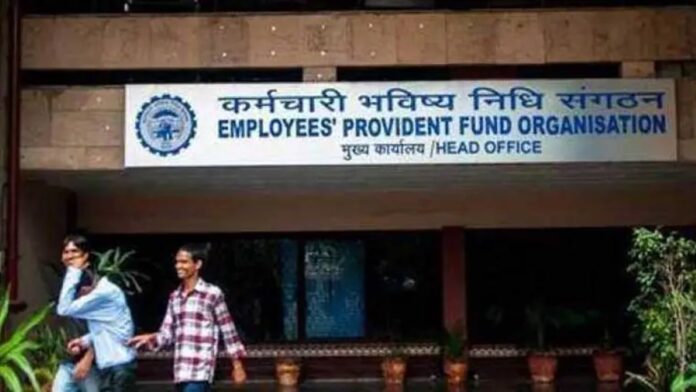The Executive Committee (EC) of the Central Board of Trustees (CBT) of the Employees’ Provident Fund Organisation’s (EPFO) on Saturday discussed the status of the pending applications of subscribers who opted for higher pensions, post a Supreme Court ruling in 2022.
According to an official release, the panel was apprised about the expeditious examination of pending applications–related to higher pensions–of over 100,000 cases in the past month, issuance of 21,000 demand letters by regular monitoring of the field offices and issuance of clarifications. The EC recommended holding regular “video conferences” with employers to accelerate the correction in such cases.
Also ReadCorrections in EPFO portal, account transfers simplified
“It was directed to complete maximum work within the approved framework by the end of the current fiscal year. Cases involving high amounts pertaining to PSUs were directed to be expedited as well,” said the release.
So far, around 1.75 million applications have been received by the EPFO for claiming the higher pension option after the Supreme Court, in 2022, directed the body to open a window for pensioners and members to apply for it.
The SC in a ruling on November 4, 2022 had upheld amendments to the Employees’ Pension (Amendment) Scheme, 2014, providing another chance for employees who were existing EPS members as on September 1, 2014, to contribute up to 8.33% of their ‘actual’ salaries — as against 8.33% of the pensionable salary capped at Rs 15,000 a month — towards pension.
In December, the EPFO announced January 31, 2025, as the deadline for employers to process and upload pending applications for members who opted for higher pension. The EPFO had said that in about 4,66,000 cases additional clarifications from employers were sought.
Also ReadReview portfolio at every major life event
The EC also discussed the progress of the centralised IT enabled system (CITES) 2.01 implementation, a proposal for an alternative dispute resolution mechanism, delegation of administrative and financial powers to field offices of EPFO, and reviewed grievance redressal mechanisms, in order to enhance the efficiency of the EPF, and reduce delays in processing of claims.
» Read More


